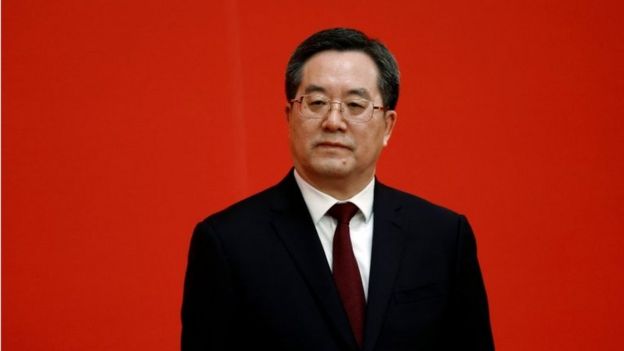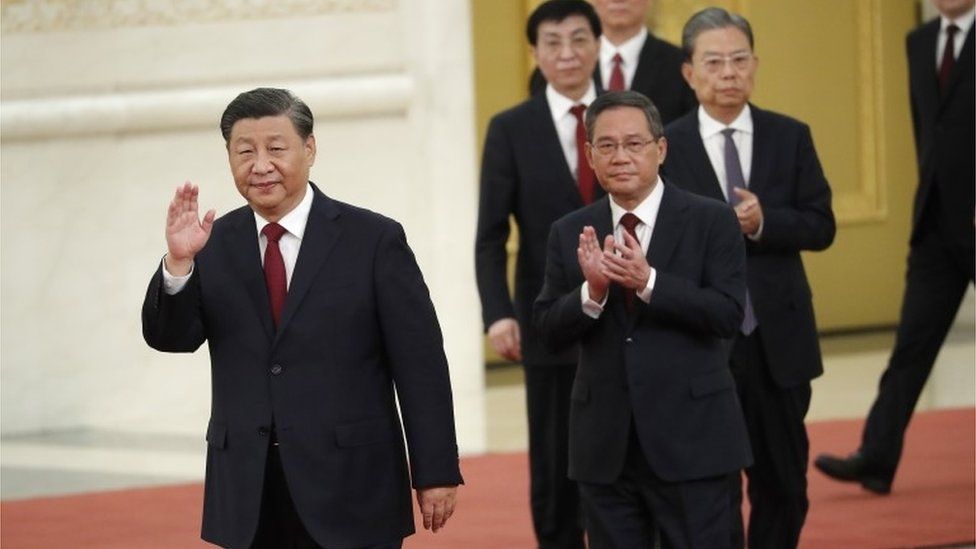
The Chinese Communist Party has finally unveiled the men who will rule China for the next five years.
The Politburo Standing Committee is China’s equivalent of the presidential cabinet.
It is considered the elite of the elite within the party, and getting to the top often requires not only a stellar political track record, but also deft manoeuvring of internal rivalries.
It is not unusual to see big reshuffles of the Standing Committee after a term ends, and this time it is no different.
Effectively handpicked by President Xi Jinping, most of them are new to the team apart from Zhao Leji and Wang Huning. Most, if not all, are seen to be Xi loyalists.
Here are the men who, led by President Xi, make up the power centre of China.
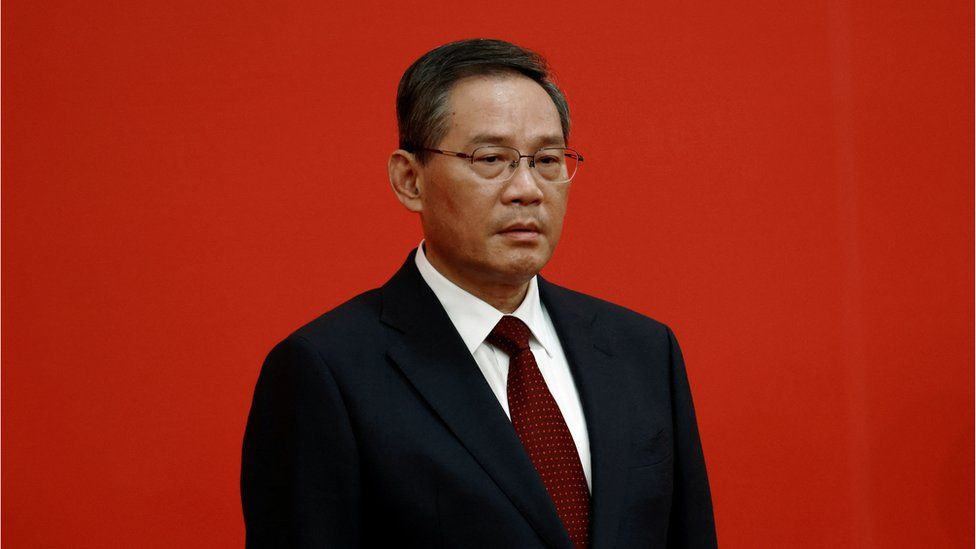
Li Qiang
Age: 63
Current political post: Party secretary of Shanghai
Seen as Xi’s most trusted junior colleague, Li worked in small counties in Zhejiang province. When Xi was party chief of Zhejiang, Li served as his chief of staff.
His team’s handling of the Covid outbreak in Shanghai earlier this year was contentious and residents were critical of it. There was speculation on whether this could have affected his political future.
But with this appointment, it is clear his loyalty to Xi has placed him in good stead. The titles of the members in the Standing Committee will be confirmed next year, and many believe Li will become the next Premier, the second-in-command after Xi.
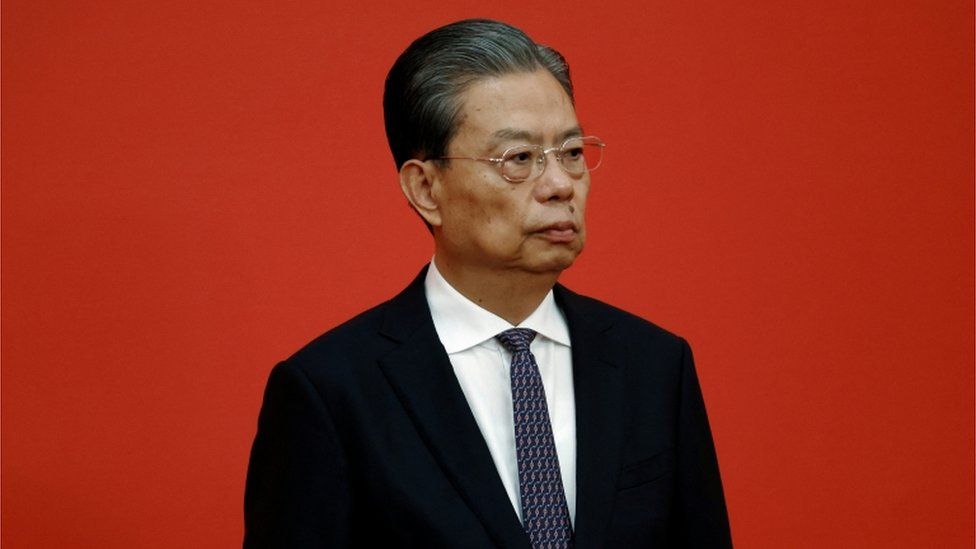
Zhao Leji
Age: 65
Current political post: Head of the Central Commission for Discipline Inspection
Zhao has been seen as a rising star in the Chinese leadership, and has close links to the Shaanxi province, much like Xi.
After entering the Qinghai provincial government, he swiftly rose up the ladder and became governor at the age of 42 – the youngest person to become a provincial governor.
As the head of the anti-corruption body, Zhao is responsible for maintaining party discipline and has reported a number of senior officers for accepting bribes throughout the years.
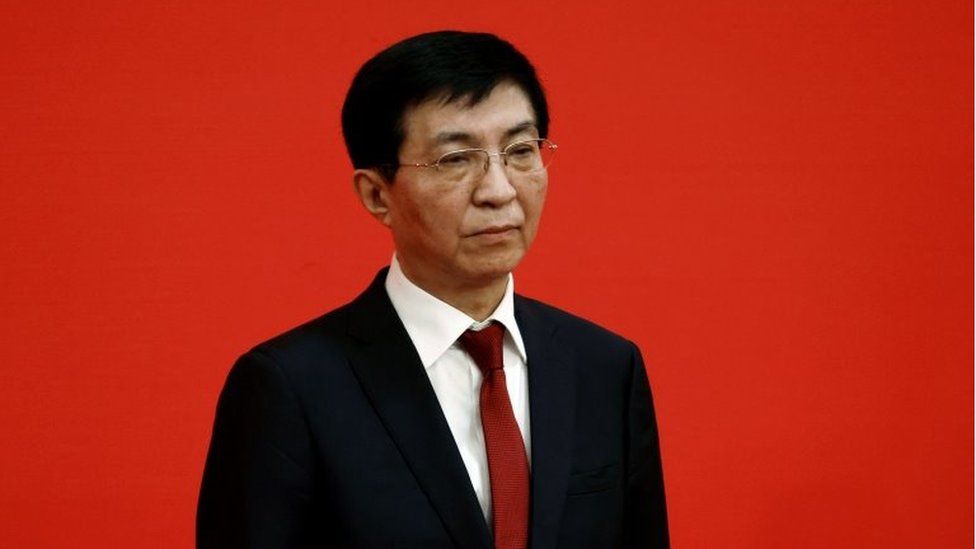
Wang Huning
Age: 67
Current political ranking: First secretary of the Communist Party’s Secretariat
A former scholar and professor, Wang rose through the ranks after catching the eye of senior politicians. He was recommended to then-president Jiang Zemin and promoted to become Jiang’s consultant.
As the party’s political theorist, Wang is considered to be the brains behind many Communist Party concepts, including the ideologies for three leaders: the Three Represents of Jiang Zemin, the Scientific Outlook on Development of Hu Jintao, and Xi Jinping Thought. China’s ambitious Belt and Road Initiative was also believed to be his idea.
He is said to get along well with all factions in the party.
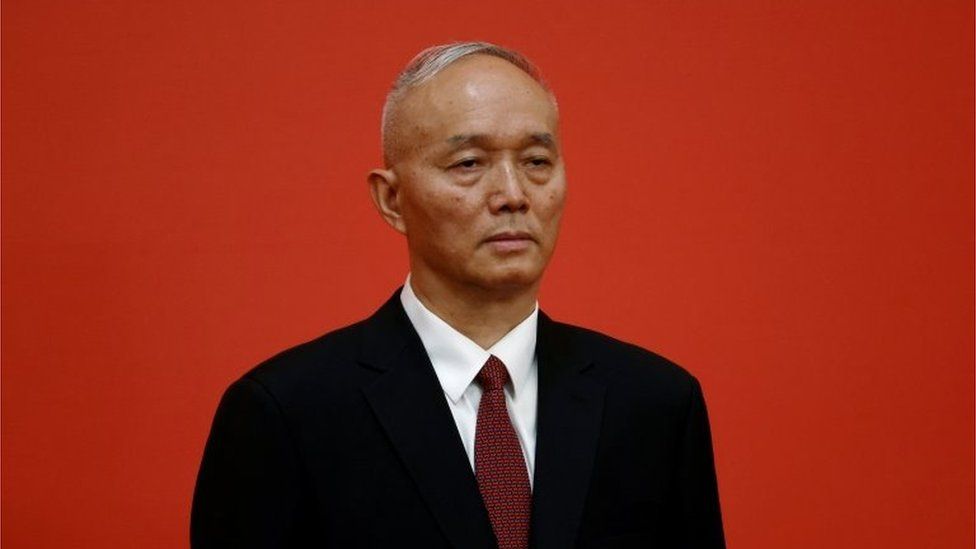
Cai Qi
Age: 66
Current political ranking: Mayor of Beijing
A close ally of Xi, he has worked under the Chinese leader in the Fujian and Zhejiang provinces and has called for absolute loyalty to him.
Beijing’s hosting of the Winter Olympics earlier this year, at the height of the pandemic, was seen within the party as a success and reflected well on him.
But he also attracted controversy when he launched a plan in 2017 to reduce the population of the capital, that ultimately forced out many low-income earners from the city.
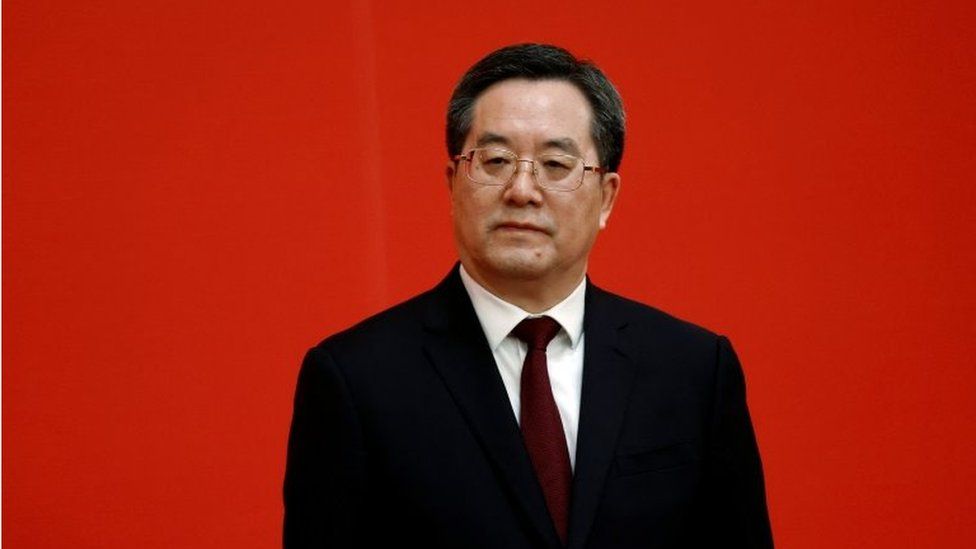
Ding Xuexiang
Age: 60
Current political ranking: Director of the Office of the General Secretary and Office of the President
A trained engineer, Ding started his political career at a government-affiliated research centre in Shanghai.
Though he lacked experience as a provincial-level party secretary or governor – usually considered essential in the climb to power – he became Xi’s secretary in 2007. Since 2014 he has been the head of the presidential office, effectively acting as Xi’s chief-of-staff.
A strong advocate of Xi Jinping Thought, he is one of Xi’s most trusted aides. He has accompanied the Chinese leader for many trips within China as well as abroad – observers say he has probably spent more time with Xi than any other official in recent years.
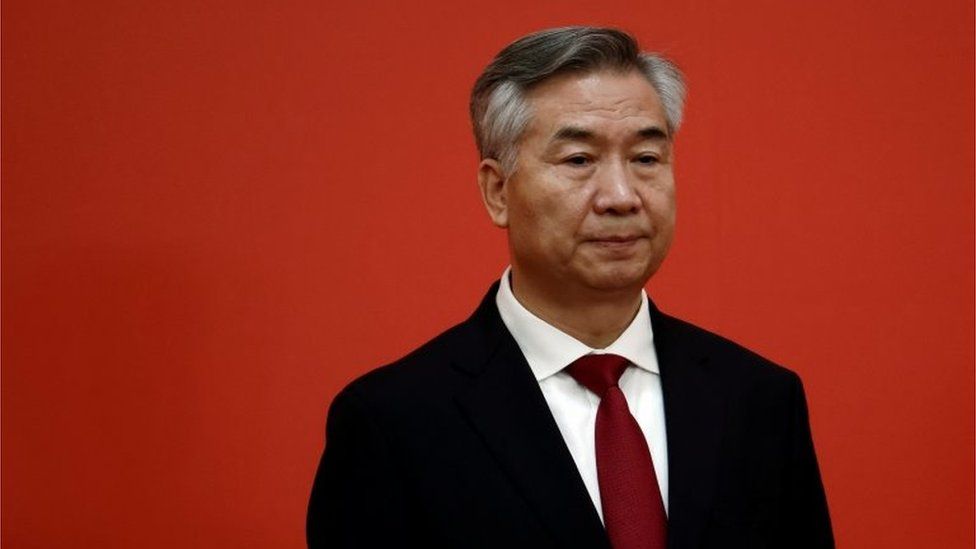
Li Xi
Age: 66
Current political ranking: Party secretary of Guangdong province
A Xi loyalist with close ties to the Chinese leader’s family, Li is seen as a crisis-solver for handling a 2017 scandal in Liaoning province over falsified economic data.
He was the party leader in the politically significant city of Yanan, which Mao Zedong used as the party’s headquarters during World War Two and where Xi spent seven years of hard labour.
In Guangdong, Li pushed for the development of the tech industry and economic reform. He also issued new trade policies and promoted regional integration in the area.

